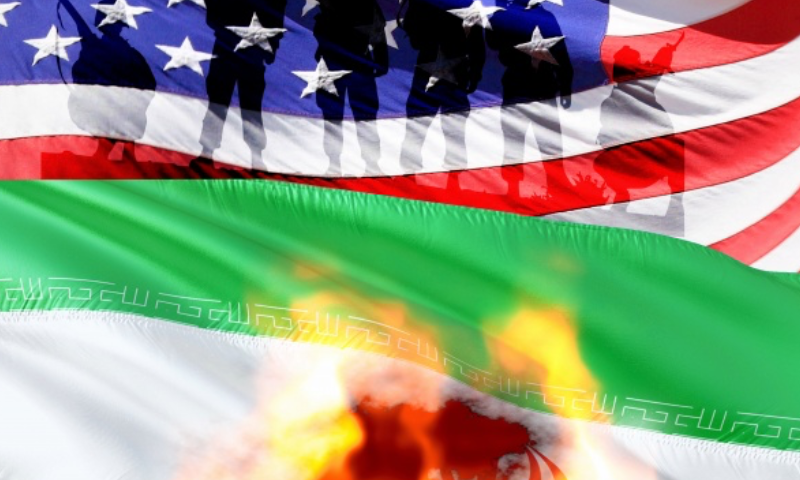Michael Doran and Can Kasapoglu
Tablet, Nov. 2, 2022
“‘Overmatch is a military term that means you have the ability to attack, and your defender will not be able to mount a successful defense. … If Iran possesses overmatch against them, does it also possess overmatch against the United States?”
By any objective measure, the military power of the United States continues to dwarf that of the Islamic Republic. The protests on the streets of Iran’s cities prove that the regime in Tehran is a decayed husk, deeply unpopular and beset by myriad vulnerabilities that a deft American policy could exploit. The United States has the military capabilities to prevent Iran from advancing toward a nuclear bomb and to deter it from threatening its neighbors—and it can do so without sparking a major war. It has more than enough might to reassure allies such as Saudi Arabia and the United Arab Emirates (UAE) that they can rest comfortably under the American power umbrella. What is more, the allies want to remain inside the American system. The erosion of the American order is therefore more the result of confusion in Washington than of objective shifts in global power. But how and when will that confusion cease, so that a more mutually beneficial relationship might flower?
When President Joe Biden visited Saudi Arabia in July, he sensed the existing distrust and tried to dispel it. “We will not walk away and leave a vacuum to be filled by China, Russia or Iran,” he said. But promises like this fail to reassure the allies, who are looking not for sweet words but resolute action that deters Iran. We have seen this kind of mistake in the past. In his famous speech to the National Press Club on Jan. 12, 1950, Secretary of State Dean Acheson defined America’s “defensive perimeter” in Asia in a way that omitted South Korea. A week later, Congress voted down a major assistance bill for South Korea. Six months later, the North Koreans stormed southward with the support of China and the Soviet Union, who likely concluded that the United States was unwilling to protect its ally.
In the Middle East today, the United States has once again drawn its defensive perimeter in a highly ambiguous fashion. The ambiguity has emboldened China, Russia, and Iran, and sown mistrust in the hearts of allies. The Biden administration has failed to recognize the problem and, therefore, has not begun to address it. Like marriages gone sour and houses in Malibu, international orders erode gradually at first and then all at once. News of the demise of the American order in the Middle East is certainly premature, but the ground beneath it is shifting in very unsettling ways that American policymakers appear determined to ignore. … Source


